Explore the effectiveness of natural methods or herbs to lower blood sugar levels. Maintaining healthy blood sugar levels is essential for individuals managing diabetes or at risk of developing it. Alongside traditional medications, many individuals consider alternative therapies, including herbs, which have scientifically proven benefits. This article examines conventional herbal treatments and their potential to manage blood sugar levels naturally, providing a comprehensive approach to diabetes care.
How Herbs Can Help to Lower Blood Sugar
Herbs have been utilized for generations to regulate blood sugar levels, and studies have validated their effectiveness. Specific herbs, such as turmeric, ginger, and cinnamon, contain active compounds that enhance insulin sensitivity, decrease inflammation, and manage glucose metabolism. These herbs can aid in reducing fasting glucose levels, enhancing glucose tolerance, and lowering the likelihood of diabetes-related complications. Furthermore, herbs like berberine and chromium have demonstrated the ability to improve insulin signaling, decrease glucose absorption, and enhance pancreatic function. By integrating these herbs into your dietary or supplementation regimen, you may observe improved blood sugar management, better overall well-being, and decreased dependence on traditional medications.
What is type 2 diabetes?
Type 2 diabetes is a chronic metabolic disorder characterized by:
Key Features:
– Insulin resistance: The body’s cells become less responsive to insulin.
– Impaired insulin secretion: The pancreas produces insufficient insulin.
– Hyperglycemia: Blood glucose levels remain elevated.
Causes and Risk Factors:
– Genetics
– Obesity
– Physical inactivity
– Unhealthy diet
– Age (45+)
– Family history
– Ethnicity (e.g., African American, Hispanic/Latino, American Indian)
– History of gestational diabetes or polycystic ovary syndrome (PCOS)
Symptoms:
– Increased thirst and urination
– Fatigue
– Blurred vision
– Slow healing of cuts and wounds
– Tingling or numbness in hands and feet
– Recurring skin, gum, or bladder infections
Complications:
1. Cardiovascular disease
2. Nephropathy (kidney damage)
3. Neuropathy (nerve damage)
4. Retinopathy (eye damage)
5. Foot damage (ulcers, amputation)
6. Cognitive impairment
Diagnosis:
– Fasting plasma glucose (FPG) test
– Oral glucose tolerance test (OGTT)
– Hemoglobin A1c (HbA1c) test
– Random plasma glucose test
Treatment and Management:
– Lifestyle changes: healthy diet, regular exercise, weight loss
– Medications: metformin, sulfonylureas, insulin therapy
– Monitoring blood glucose levels
– Regular health check-ups
Prevention:
– Maintain a healthy weight
– Engage in regular physical activity
– Eat a balanced diet
– Avoid sugary drinks and refined carbohydrates
– Manage stress
Early detection and management can help prevent complications and improve the quality of life for individuals with type 2 diabetes.
Top 15 Herbs to Lower Blood Sugar Levels Naturally
Rosemary
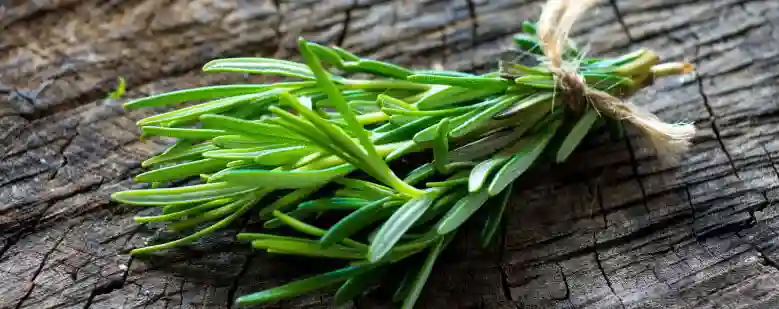
Rosemary, a fragrant herb, has been shown to improve insulin sensitivity and reduce blood sugar levels. Its active compound, carnosic acid, enhances glucose uptake in cells and inhibits glucose production in the liver. Rosemary also exhibits antioxidant and anti-inflammatory properties, which may help alleviate diabetes-related complications. Studies suggest that rosemary extract supplementation can decrease fasting glucose levels and improve glucose tolerance.
Dosage:
– Tea: Steep 1-2 teaspoons of dried rosemary leaves in boiling water for 5-7 minutes; consume 2-3 times daily
– Supplement: 500-1000 mg rosemary extract per day
Ginseng

Ginseng, a traditional Chinese medicine, has anti-diabetic properties. Its active compounds, ginsenosides, improve insulin sensitivity, reduce inflammation, and regulate glucose metabolism. Ginseng also exhibits antioxidant and anti-inflammatory properties, which may help alleviate diabetes-related complications. Studies have shown that ginseng supplementation can decrease fasting glucose levels, improve glucose tolerance, and reduce HbA1c levels.
Dosage:
– Tea: Steep 1-2 teaspoons of dried ginseng root in boiling water for 5-7 minutes; consume 2-3 times daily
– Supplement: 400-800 mg ginseng extract per day
Gurmar
Gurmar, also known as Gymnema Sylvestre, is an Indian herb used to manage diabetes for centuries. Its active compound, gymnemic acid, reduces sugar cravings and improves insulin sensitivity. Gurmar also exhibits antioxidant and anti-inflammatory properties, which may help alleviate diabetes-related complications. Studies have demonstrated that gurmar supplementation can decrease fasting glucose levels, improve glucose tolerance, and reduce HbA1c levels.
Dosage:
– Tea: Steep 1-2 teaspoons of dried gurmar leaves in boiling water for 5-7 minutes; consume 2-3 times daily
– Supplement: 500-1000 mg gurmar extract per day
Sage

Sage, a Mediterranean herb, has anti-inflammatory and antioxidant properties. Its active compound, sageone, improves insulin sensitivity and reduces glucose production in the liver. Sage also exhibits cognitive-enhancing properties, which may help alleviate diabetes-related cognitive decline. Studies suggest that sage supplementation can improve cognitive function and reduce blood sugar levels.
Dosage:
– Tea: Steep 1-2 teaspoons of dried sage leaves in boiling water for 5-7 minutes; consume 2-3 times daily
– Supplement: 500-1000 mg sage extract per day
Aloe Vera
Aloe vera, a succulent plant, has anti-inflammatory and antioxidant properties. Its active compounds, aloin, and aloe-emodin, improve insulin sensitivity and reduce glucose production in the liver. Aloe vera also exhibits wound-healing properties, which may help alleviate diabetes-related foot ulcers. Studies have demonstrated that aloe vera supplementation can decrease fasting glucose levels and improve glucose tolerance.
Dosage:
– Juice: Consume 1/2 cup aloe vera juice per day
– Supplement: 500-1000 mg aloe vera extract per day
Ginger
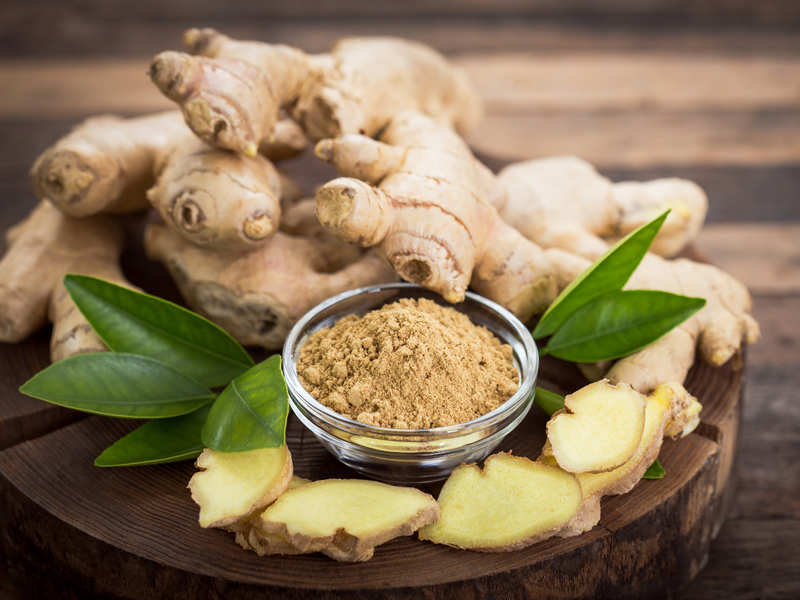
Ginger is a versatile spice celebrated for its remarkable anti-inflammatory and antioxidant properties. Its active compound, gingerol, enhances insulin sensitivity, reduces inflammation, and aids digestion, relieving diabetes-related gastrointestinal issues. Scientific studies have shown ginger supplementation can decrease fasting glucose levels, improve glucose tolerance, and reduce oxidative stress.
Dosage:
– Tea: Brew 1-2 teaspoons of fresh ginger in boiling water for 5-7 minutes; enjoy 2-3 times daily
– Supplement: Take 500-1000 mg of ginger extract per day
– Raw: Consume 1-2 inches of fresh ginger per day
Garlic

Garlic, with its distinctive spicy flavor, possesses potent anti-inflammatory and antioxidant properties. Its active compound, allicin, has been found to improve insulin sensitivity and reduce glucose production in the liver. Additionally, garlic exhibits properties that support heart health, potentially alleviating diabetes-related heart disease. Research indicates that garlic supplementation can lead to decreased fasting glucose levels, improved glucose tolerance, and reduced blood pressure.
Dosage:
– Raw: Consume 1-2 cloves of garlic per day
– Supplement: Take 600-1200 mg of garlic extract per day
– Powder: Sprinkle 1/2 teaspoon of garlic powder on meals
Fenugreek

Fenugreek, a legume renowned for its anti-diabetic properties, contains the active compound 4-hydroxyisoleucine, known for improving insulin sensitivity and reducing glucose production in the liver. Additionally, fenugreek exhibits antioxidant and anti-inflammatory properties, which can help alleviate diabetes-related complications. Studies have shown that fenugreek supplementation may lead to decreased fasting glucose levels, improved glucose tolerance, and reduced HbA1c levels.
Dosage:
– Tea: Steep 1-2 teaspoons of dried fenugreek seeds in boiling water for 5-7 minutes; consume 2-3 times daily
– Supplement: Take 500-1000 mg of fenugreek extract per day
– Powder: Mix 1/2 teaspoon of fenugreek powder with water or meals
Curry Leaves

Curry leaves are a well-liked herb in India and have properties that can reduce inflammation and act as antioxidants. The active compounds in curry leaves, known as carbazole alkaloids, can enhance insulin sensitivity and decrease glucose production in the liver. Additionally, curry leaves have properties that can improve digestion, which may help alleviate gastrointestinal issues related to diabetes. Research indicates that taking curry leaf supplements can lower fasting glucose levels and enhance glucose tolerance.
Dosage:
– Tea: Steep 10-15 curry leaves in boiling water for 5-7 minutes and consume 2-3 times daily.
– Supplement: Take 500-1000 mg of curry leaf extract daily.
– Raw: Incorporate 10-15 curry leaves into your meals.
Moringa

Moringa is a tropical plant with anti-inflammatory and antioxidant properties. Its active compounds, isothiocyanates, can improve insulin sensitivity and reduce glucose production in the liver. Moringa also has properties that can protect the cardiovascular system, which may help manage heart disease related to diabetes. Studies have shown that taking moringa supplements can lower fasting glucose levels, improve glucose tolerance, and reduce blood pressure.
Dosage:
– Tea: Steep 1-2 teaspoons of dried moringa leaves in boiling water for 5-7 minutes and consume 2-3 times daily.
– Supplement: Take 500-1000 mg of moringa extract per day.
– Powder: Sprinkle 1/2 teaspoon of moringa powder on your meals.
Barberry

Barberry, a type of shrub, possesses properties that can help with diabetes due to its active component, berberine. Berberine enhances the body’s response to insulin, decreases glucose production in the liver, and promotes glucose uptake in cells. Barberry also demonstrates qualities that can combat inflammation and act as an antioxidant, potentially assisting in managing diabetes-related complications. Research indicates that taking barberry supplements can lead to reduced fasting glucose levels, improved tolerance to glucose, and lower HbA1c levels.
Dosage:
– Tea: Steep 1-2 teaspoons of dried barberry bark in boiling water for 5-7 minutes; drink this tea 2-3 times daily.
– Supplement: Consume 500-1000 mg of barberry extract per day.
– Berberine: Take 500-1500 mg per day.
Bitter Melon
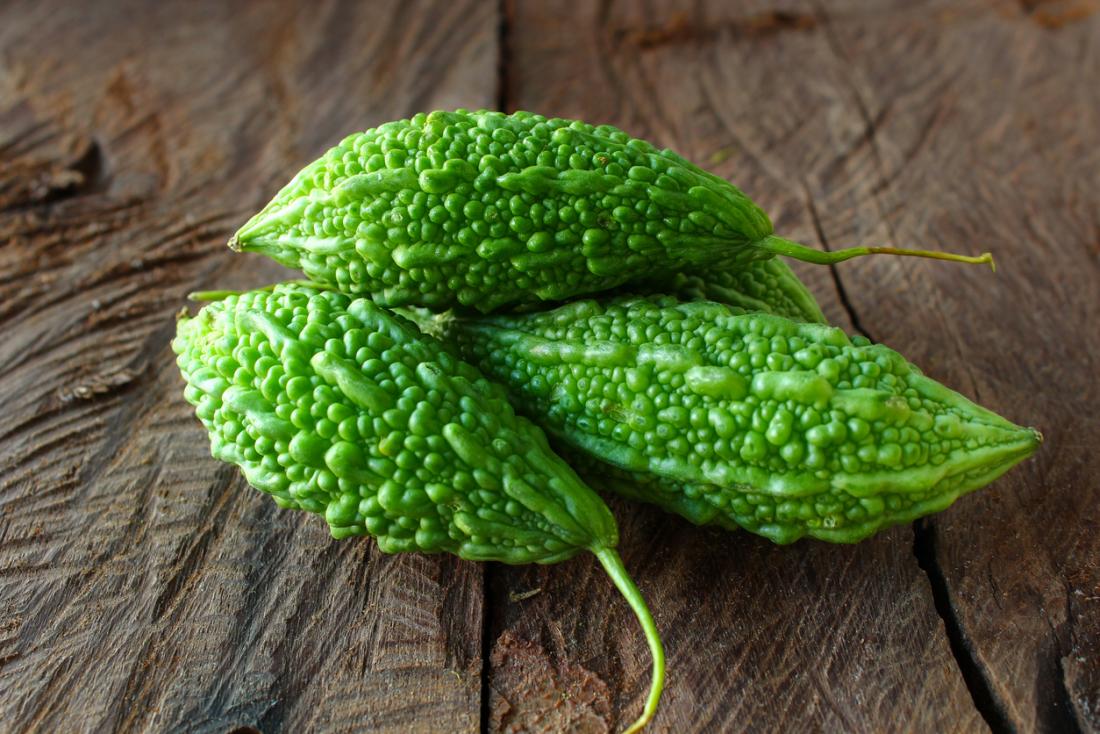
Bitter melon, a vine found in tropical regions, possesses properties that can help with diabetes due to its active compounds, cucurbitacins. These compounds improve the body’s response to insulin, decrease glucose production in the liver, and enhance glucose uptake in cells. Bitter melon also demonstrates qualities that can combat inflammation and act as an antioxidant, potentially assisting in managing diabetes-related complications. Research indicates that taking bitter melon supplements can lead to reduced fasting glucose levels, improved tolerance to glucose, and lower HbA1c levels.
Dosage:
– Tea: Steep 1-2 teaspoons of dried bitter melon in boiling water for 5-7 minutes; drink this tea 2-3 times daily.
– Supplement: Consume 500-1000 mg of bitter melon extract daily.
– Juice: Consume 1/2 cup of bitter melon juice per day.
Ginkgo Biloba
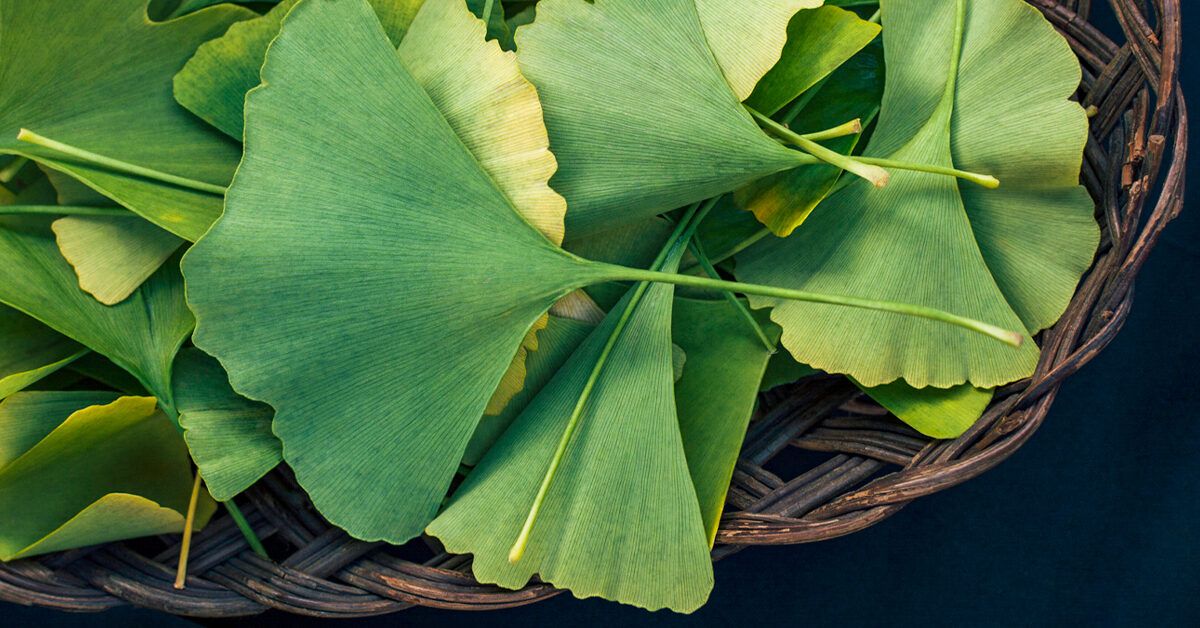
Ginkgo biloba, an ancient plant, possesses properties that can help with diabetes due to its active compounds, flavonoids, and terpenoids. These compounds improve the body’s response to insulin and reduce oxidative stress. Ginkgo biloba also demonstrates cognitive-enhancing properties, potentially assisting in managing diabetes-related cognitive decline. Research indicates that taking ginkgo biloba supplements can improve cognitive function and reduce blood sugar levels.
Dosage:
– Tea: Steep 1-2 teaspoons of dried ginkgo biloba leaves in boiling water for 5-7 minutes; drink this tea 2-3 times daily.
– Supplement: Consume 120-240 mg of daily ginkgo biloba extract.
Cayenne Leaf
Cayenne leaf, a spicy herb, possesses properties that can help with diabetes due to its active compound, capsaicin. Capsaicin improves the body’s response to insulin and reduces glucose production in the liver. Cayenne leaf also demonstrates antioxidant properties, potentially assisting in managing diabetes-related complications. Research indicates that taking cayenne leaf supplements can lead to reduced fasting glucose levels and improved tolerance to glucose.
Dosage:
– Tea: Steep 1/2 teaspoon of dried cayenne leaf in boiling water for 5-7 minutes; drink this tea 2-3 times daily.
– Supplement: Consume 500-1000 mg of cayenne leaf extract daily.
– Powder: Sprinkle 1/4 teaspoon of cayenne powder on meals.
Conclusion
Incorporating herbs into your diabetes management plan can be a valuable addition to conventional treatments. The herbs discussed in this article—turmeric, ginger, cinnamon, berberine, and chromium—have shown promise in lowering blood sugar levels, improving insulin sensitivity, and reducing diabetes-related complications. While these herbs do not replace medical treatment, they can help lower blood sugar levels and improve overall health. It’s essential to consult with a healthcare professional before adding any herbal supplements to your regimen.
FAQs
Q: Can diet and exercise alone manage blood sugar levels?
A: A healthy diet and regular exercise can help regulate blood sugar levels, while herbal remedies can offer additional support.
Q: How can I incorporate herbs into my diet?
A: Add herbs to your meals, enjoy herbal teas, or consider taking herbal supplements.
Q: Can I replace my diabetes medication with herbal remedies?
A: No. Remember that alternative treatments should be alternative diabetes medications without consulting a healthcare provider.

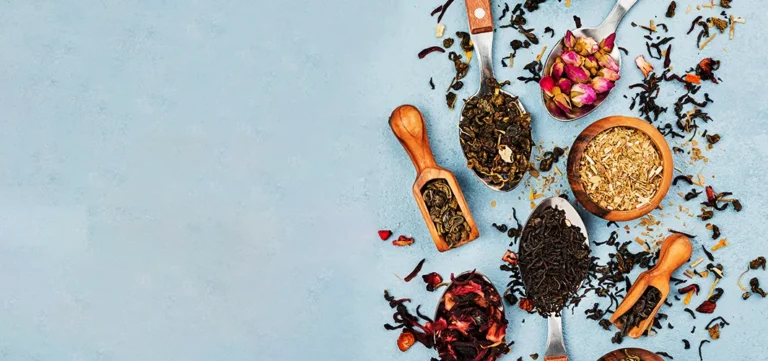


:max_bytes(150000):strip_icc()/growing-cayenne-pepper-plant-508979408-288b441edaca438bb2da7e10f832d80c.jpg)